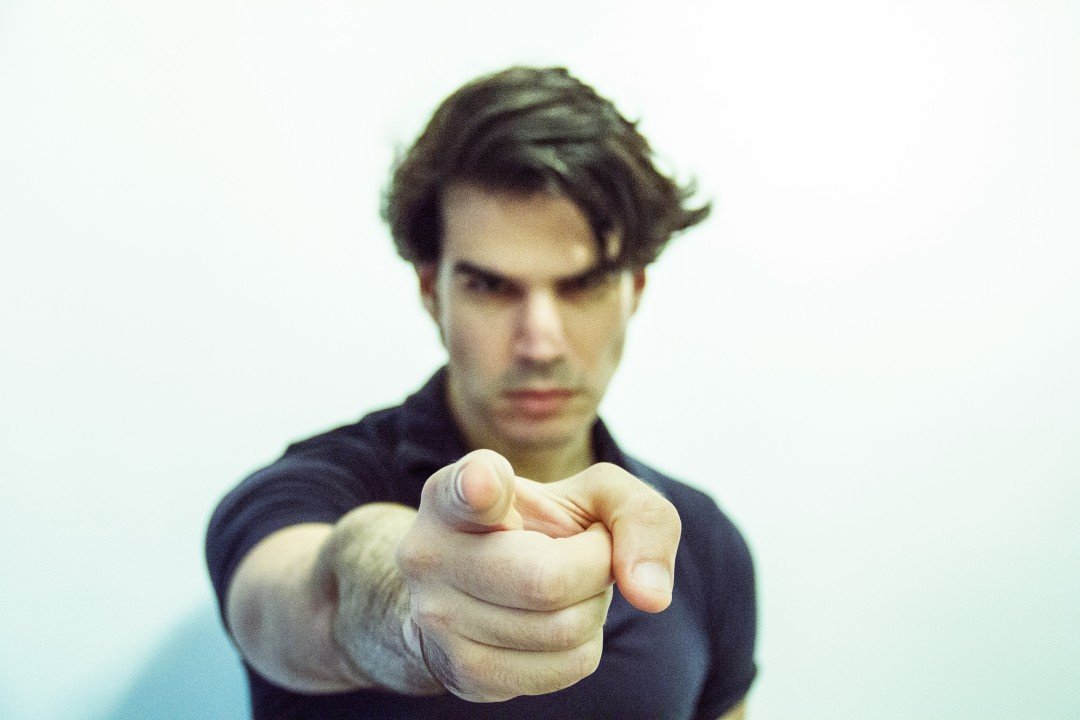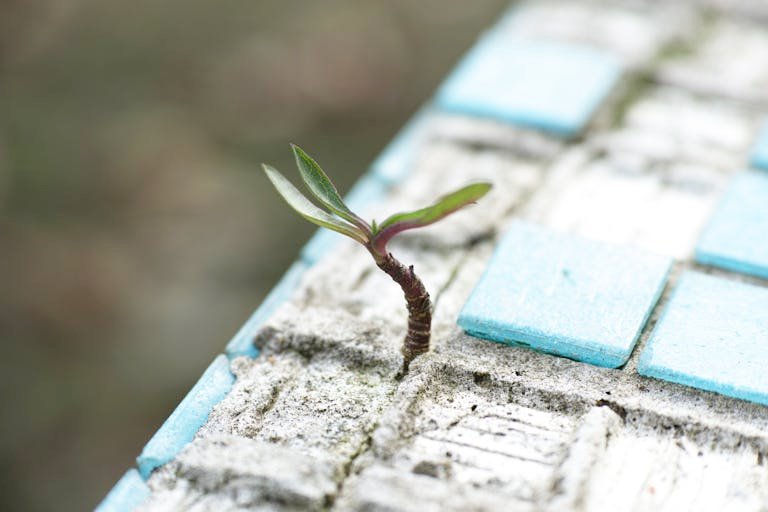Have you ever caught yourself in a wave of emotion, pointing fingers at someone else for your anger or sadness? It's easy to do, like blaming the sea for being choppy without realizing that we're the ones steering our boat. Today, let's sail into a journey of self-analysis, leaving the shores of blame behind.
Consider those moments when a boss's harsh words trigger a flood of anger. It’s tempting to think they ruined your day. But pause and peel back the layers of that emotion, like an onion. Perhaps it’s not about the boss's mood, but a feeling of being undervalued or unheard. Each time we choose to dissect our emotions, we're building emotional resilience, like working out but for the mind.
Now, imagine a family conflict. The instinct might be to pinpoint who's at fault – “They're being unreasonable!” But what if we shifted gears into solution mode? By asking, “What can we do together to improve this situation?” we move from casting blame to cultivating solutions. It’s like repairing a broken machine, not by finding fault with the parts, but by understanding how they work together and fixing the connections.
In careers, too, many feel trapped in a cycle of unfulfillment, quick to blame a boss, a tedious task, or a toxic work environment. But what if we asked ourselves, “What makes me so unhappy in my job?” Instead of painting others as the villains in our career story, we could start exploring what we truly desire and how we might steer towards it. It’s like navigating a maze – instead of blaming the walls, we start looking for the way out.
We often view life's events through the lens of entitlement – good things as deserved rewards and bad things as conspiracies. This creates a narrative where we're always the hero or the victim, never the impartial observer. Breaking free from this cycle means adopting the mindset of a scientist – observing life’s events, forming hypotheses, and testing them without bias. This objectivity isn’t just about seeking truth in the external world; it's about understanding the complex landscape of our internal world.
So, as you journey through the ups and downs of life, remember that you're the captain of your emotional ship. Dive deep into understanding your emotions, and their roots, and navigate with wisdom and self-awareness. It’s not just about reacting to what happens to you, but choosing how to respond. And this journey, like learning a new dance, requires practice, patience, and sometimes stepping on a few toes. But the rhythm of emotional intelligence is a dance worth every step.
Be yourself,
Fabrizio






